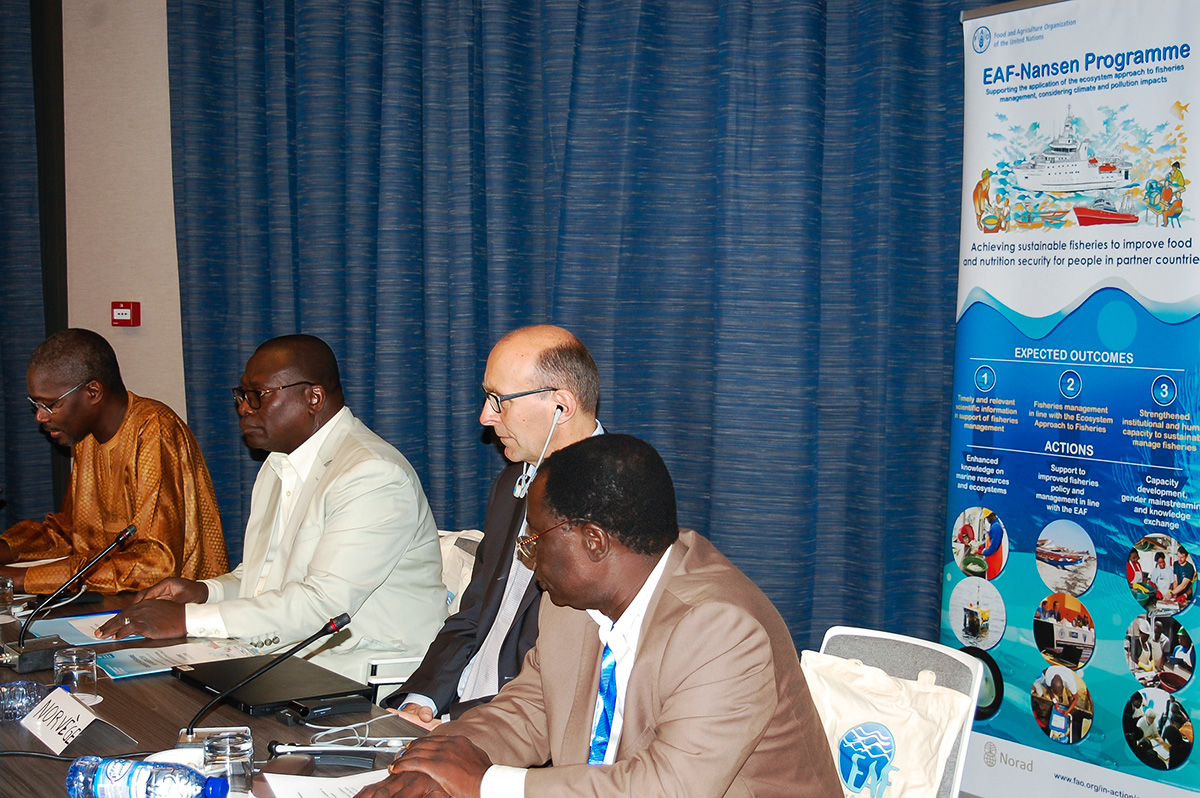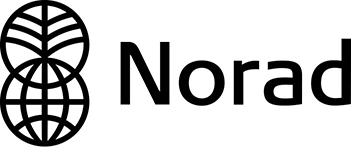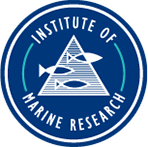The EAF-Nansen 2019 Forum: lessons learnt and plans ahead
The EAF-Nansen Programme's partners and key stakeholders convened last month for a series of meetings organised in Cotonou, Benin, from 4-7 November. The first day was devoted to the Programme's Steering Committee on Global Issues and Other Areas; the next two days were dedicated to the Annual Forum, with this year's theme: "Sustainability of fisheries in the context of EAF." It is worth adding here that the 2019 Forum was the first forum organised in the current phase of the Programme, ongoing since 2017.
 Participants of the 2019 Forum © FAO |
Discussions at the Steering Committee focused on the Programme's implementation, with a special attention to the global matters and other regions (i.e. Marine Areas beyond national jurisdiction (ABNJ); the Benguela Current Convention (BCC); Eastern Central Atlantic Ocean (CECAF); and the Bay of Bengal region), research survey-related matters, and gender mainstreaming through the activities. A specific session was dedicated to present the Programme's work on marine debris, including micro-plastics. In addition, cruise plans for 2020 and 2021 were debated, together with the Programme's Strategies on Capacity Development, Communications, and Data Policy. Technical or scientific presentations were balanced with interactive trainings, such as the one on gender mainstreaming, as part of the EAF-Nansen's Gender strategy. Participants provided useful contributions and recommendations in relation to the Programme's agenda for 2020-2021.
The 2019 Forum aimed at gaining understanding on how the Programme can improve support to the partner countries in Africa and in Southeast Asia in terms of implementation, planning, revision and monitoring of the ongoing activities. Discussions started with an opening speech by Mr Abdoulaye Toko, the Secretary General of the Ministry of Agriculture, Livestock, and Fisheries of Benin, on behalf of the Minister. Next, Mr. Ndiaga Gueye, Senior Fisheries Officer at the FAO Regional Office in Africa, welcomed the participants on behalf of FAO.
 Opening ceremony of the 2019 Forum © FAO |
The first part of the Forum consisted of presentations, and group and plenary discussions. The participants took a closer look into the lessons learnt based on the presentation of seven case studies (Mauritius, Tanzania, Mozambique, South Africa, Gabon, Côte d'Ivoire, and Morocco) on the implementation of the selected fisheries management plans, supported by the EAF-Nansen Programme. The second part of the Forum focused on small pelagic fisheries, taking into consideration the Ecosystem Approach to Fisheries (EAF). Presentations were made by regional experts on the status of small pelagic resources in Northwest Africa, Southern CECAF area, BCC, SWIOFC (Southwest Indian Ocean Fisheries Commission), and the Bay of Bengal region (with a special attention to Myanmar). This session was then followed by a group work by region, based on national summaries on small pelagic fisheries, and aimed at discussing areas that the EAF-Nansen programme can support further. This part of the meeting also resulted in a number of good recommendations by the participants on the Programme's future work, with reference to the implementation of the EAF component in the potential activities on the small pelagic fisheries.
In total, 28 countries and 9 organisations attended both the Steering Committee and the Forum in Cotonou. Given a high attendance, active participation and useful recommendations, the whole meeting can be considered successful and "very useful" as stated in a final remark by Mr. Ndiaga Gueye.
Words of appreciation on the hard work of all the participants of the Programme were expressed by its donor, the Norwegian Agency for Development Cooperation (Norad): "We would like to encourage all the participants of the Forum to continue the good work of the Programme."
Positive prospects on the future work of the Programme were also acknowledged by the Norwegian Institute of Marine Research (IMR), the main partner of the EAF-Nansen initiative: "Increasing the ocean science capacity among all the world's countries is how this Programme can contribute to achieving SDG14."
The [hard] work doesn't stop here. All the participants came back to their countries equipped with additional knowledge and ideas on how to win more victories for the oceans on a national and regional level, under the continuous support of the EAF-Nansen Programme.



